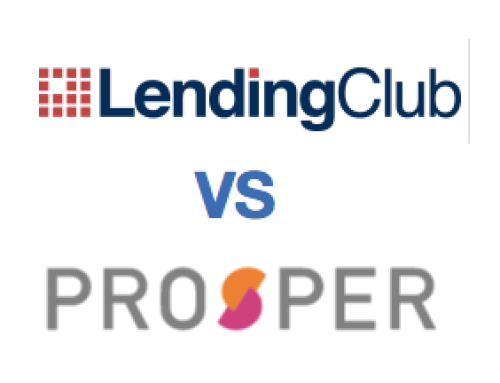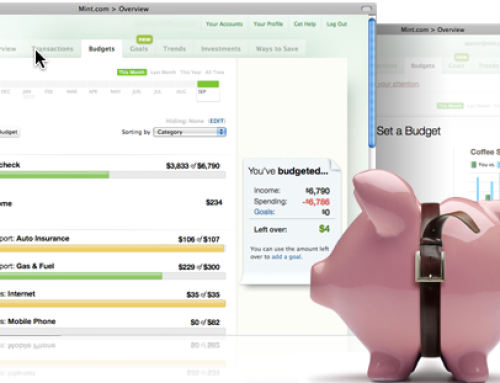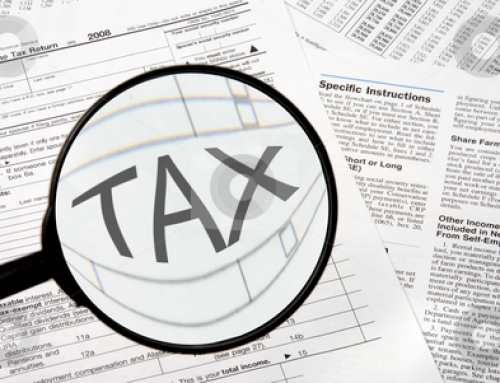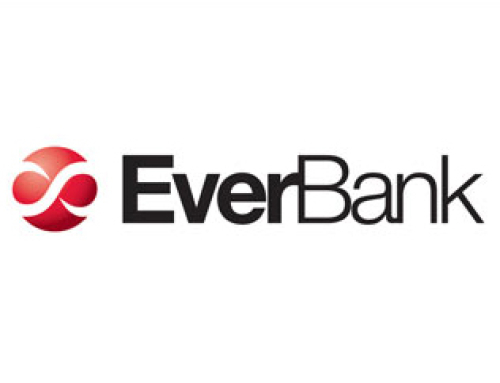What is a Credit Union?
 A credit union is basically a non-profit cooperative. The structure is such that members are said to pool their money (this is why the savings account equivalent as a credit union is called a “share” account), and loans can be made to other members. In order to join a credit union, you are supposed to meet certain requirements, such as living in a certain locality, or working for a particular company.
A credit union is basically a non-profit cooperative. The structure is such that members are said to pool their money (this is why the savings account equivalent as a credit union is called a “share” account), and loans can be made to other members. In order to join a credit union, you are supposed to meet certain requirements, such as living in a certain locality, or working for a particular company.
Practically speaking, though, the non-profit status of a credit union means that it enjoys favorable tax treatment. Profits are supposed to be returned to members, and the tax treatment often means that credit unions have lower costs. The result is that credit unions often (but not always) offer more competitive yields on cash products and charge lower interest rates on loans.
Banks, by contrast, are for-profit institutions. Publicly traded banks have a responsibility to shareholders, and increasing profits is expected. This is one of the reasons that there have been so many new fees. Banks must increase profits, and they often have to pay higher taxes than credit unions.
Are there Disadvantages to Credit Unions?
There are disadvantages to any financial institution, and you need to carefully consider your individual needs before deciding where to keep you money. Credit unions may offer lower loan rates and better yields, but they are also rather limited in scope, and you might not have convenient and inexpensive access to your money like you would with a national bank.
While some credit unions join cooperatives to give you a feeling of a national bank, where you can use fee-free ATMs and even go into branches of network credit unions across the country, there are still limits. Additionally, sometimes the smaller credit unions can’t provide the range of services and products you can find at bigger banks.
A larger bank offers a wide variety of products and services, and you are more likely to find branches no matter where you travel. On top of this, there are still banks that offer free accounts, without fees, or that offer accounts that waive fees if you meet certain requirements. If you are looking for full service and a wide variety of financial products, a larger bank might better fit your needs.
Bottom Line
There is no one right answer for everyone. Many people prefer credit unions because of their small-town feel, generally low fees, and personal service. However, credit unions aren’t for everyone, and there are some credit unions that charge account fees. Before you make your decision, comparison shop and figure out which institution would best fit your needs. Weigh the pros and cons of each, and make a decision based on what is best for you.













Follow Us